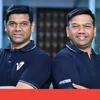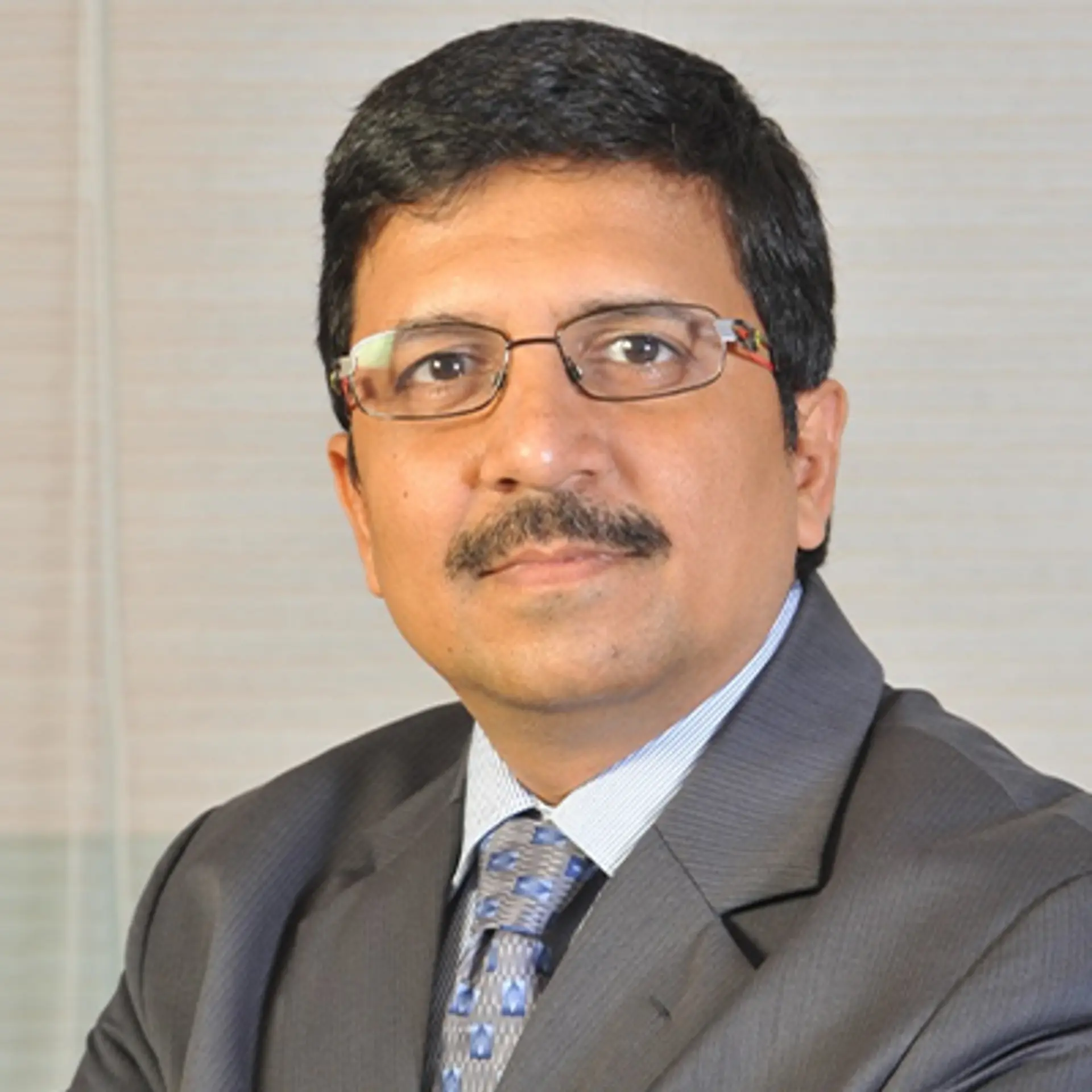How 3 Microsoft ex-employees built a Rs 300 Cr revenue sales enablement company
Snehashish Bhattacharjee, R Narayan, and Debabrata Majumdar quit their corporate jobs at Microsoft and started Denave in Noida in 1999. Today, the sales enablement company claims to have influenced sales worth over $5 billion for clients across various sectors.
In 1999, three mid-management level employees at Microsoft decided to quit their corporate jobs and start their own sales enablement company.
Snehashish Bhattacharjee, R Narayan, and Debabrata Majumdar had no experience in entrepreneurship and did not come from any family business background. However, their burning desire to venture into sales enablement drove them to invest Rs 17 lakh from their personal savings and start Denave in Noida.
“We started on a shoe-string budget and also got a bank overdraft facility. We had no external funding support. Our journey looked uncertain but we were confident of our idea,” says Snehashish, who is Global CEO and Co-founder, Denave, in an exclusive interview with SMBStory.
Why sales enablement? In those years, the dot com bubble was booming. The Indian market was being pampered by venture capitalists, and a large number of people were testing the entrepreneurial waters, Snehashish says.
With new businesses entering the market, and with stock prices soaring in the Internet and technology sectors, there were large gaps present in the sales ecosystem. There were not many businesses that could cater to the end-to-end sales journey of a client or enable a seller’s journey at every step.
“Thus, the three of us saw a huge opportunity in sales enablement as a horizontal function, cutting across several sectors and markets. Our idea was to fill that void and start a company. That’s how Denave was conceptualised,” he says.

Snehashish Bhattacharjee, Global CEO and cofounder, Denave
Dot com bubble burst and 9/11 attacks
Denave started by addressing one aspect of sales — it began as a software distribution company. It bagged a big project in its first year.
At first, the three founders, with their background and experience in technology, focused on the tech sector. They also flirted with the channel sales domain. They were slowly realising that as a domain, sales is horizontal, and they could potentially reach industries beyond the technology sector.
However, the dot com bubble couldn’t sustain itself. Excessive speculation in internet-related companies and a bull market in the late 1990s gave way to a big crash. As the dot com bubble burst, equities entered a bear market for two years, adversely impacting economies across the globe.
“We came across this first hurdle soon after starting our entrepreneurial journey. We were on the verge of getting funded but when the bubble burst, the potential investor backed out. So, we decided to move ahead with our own bootstrapped capital,” Snehashish says.
Just as they crossed the first hurdle, the founders were confronted with their next challenge.
On the morning of September 11, 2001, two hijacked airplanes crashed into the north and south towers of the World Trade Centre complex in New York, USA. The 9/11 attacks and the collapse of the two towers had a major economic impact on world markets.
Snehashish and his co-founders in Noida observed that companies were pulling back on marketing investments and adopting a wait-and-watch strategy.
“At that point of time, we had switched to second gear and acquired some marquee customers. However, we were still not out of the woods. The slowdown caused by the 9/11 attacks took away some of our key customers. We were making monthly losses and were staring at an imminent shutdown,” he says, adding:
“However, luck and persistence played its part. Out of the blue, one of our old acquaintances from our professional life gave us a contract, and this helped us survive and get back into the game.”
When the Great Recession came calling in 2007, the bell tolled for companies that were unprepared to sustain during the marked general decline across economies. But having overcome two hurdles, Denave was able to pull through.
“We were able to insulate the company against such market downturns. We came out of the Great Recession with minor scratches and a flat growth year - much better than some of our contemporaries who found it difficult to continue operations,” he says.
Customer-oriented business model
Alongside addressing market challenges, Denave’s founders identified several MNCs wanting to explore the Indian market. They aimed at becoming the go-to-partner for sales and marketing for these MNCs. Realising there were multiple areas of sales that they could service, the founders started enabling end-to-end sales services under the Denave flag.
“Our core idea remained the same — we identified a void or a market requirement in sales, and we figured out how to work around it and formulate that into a service. This approach helped us diversify from dealing with a singular aspect of sales to providing end-to-end sales enablement services,” he says.
Denave adopted an approach where it started by understanding the customers’ objectives, precise needs, and target audience profile. Then it deep dived into analysing market dynamics and came up with a strategy to help customers reach their sales goal. Post this, the final leg involved executing the strategy, a step that involves using Denave’s services such as intelligent database management, retail analytics, digital marketing, and more.
“All these steps which formulate our business model are aimed at empowering the seller’s journey. We’ve designed our products and services keeping this in mind. This creates a clear differentiation between our services and that of our competitors,” Snehashish says.
He adds that Denave’s other USPs include its outcome driven model, where it follows an ROI-based approach and makes it easy for customers to justify their investments, and the goodwill and transparency it has built among its customers.
“Our sweet spot lies in technology, telecom, oil and natural gas, retail and FMCG. The target profiles among our customers have been their chief decision-makers, such as the CMOs, sales heads, marketing heads, operating heads, etc,” he says.
At present, Denave’s reach spans five continents and over 50 countries, the company claims. Besides its headquarters in Noida, it has operational centres in Singapore, Malaysia, and London.
It also claims a revenue just shy of Rs 300 crore last year and an employee base of 4,500 (wherein 50 percent of leadership roles are held by women).
“Till now, we have influenced sales worth over $5 billion. We currently service seven of the world’s top technology companies among the Fortune 200,” Snehashish says.
Impact of COVID-19 and the way forward
Snehashish and Denave have overcome several challenges in their journey so far, but are not taking it easy during the COVID-19 pandemic. He believes this is one of the toughest phases the company has faced, but is optimistic that their employees and customers will help Denave sail through the crisis.
“Our next aim is to bring to fruition the ideas and focus we have built over the last two years. We want to expand our presence across geographies and build Denave as a global brand. Due to COVID-19, our plans to expand to new regions have been paused. However, we are scaling things up at existing operation centres,” he says.
The global sales enablement platform market is expected to grow from $1.1 billion in 2019 to $2.6 billion by 2024 at a CAGR of 19.8 percent, according to a report by MarketsandMarkets. Denave is planning to capitalise on the increasing demand for sales enablement and scale its digital and tech-based offerings, foray into sales analytics, and place emphasis on the areas of business intelligence and digital marketing.
“My aim is that Denave should become an established global sales tech organisation and influence sales across the globe for the next 100 years,” Snehashish says.
Edited by Javed Gaihlot








